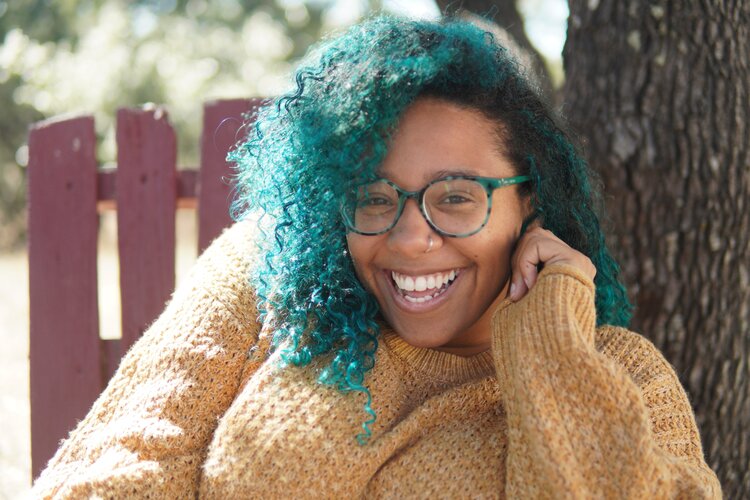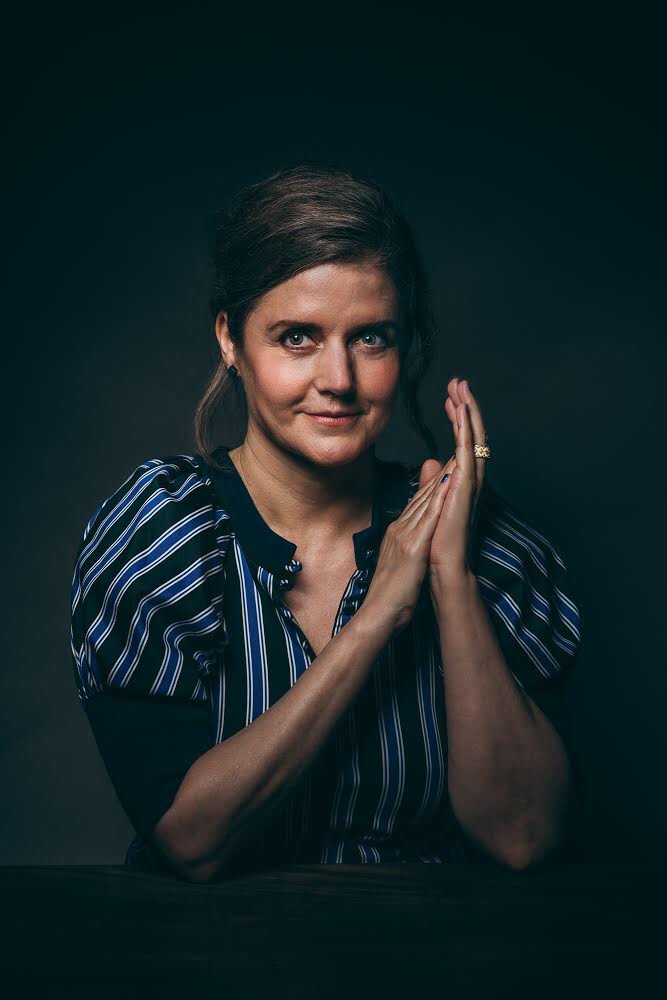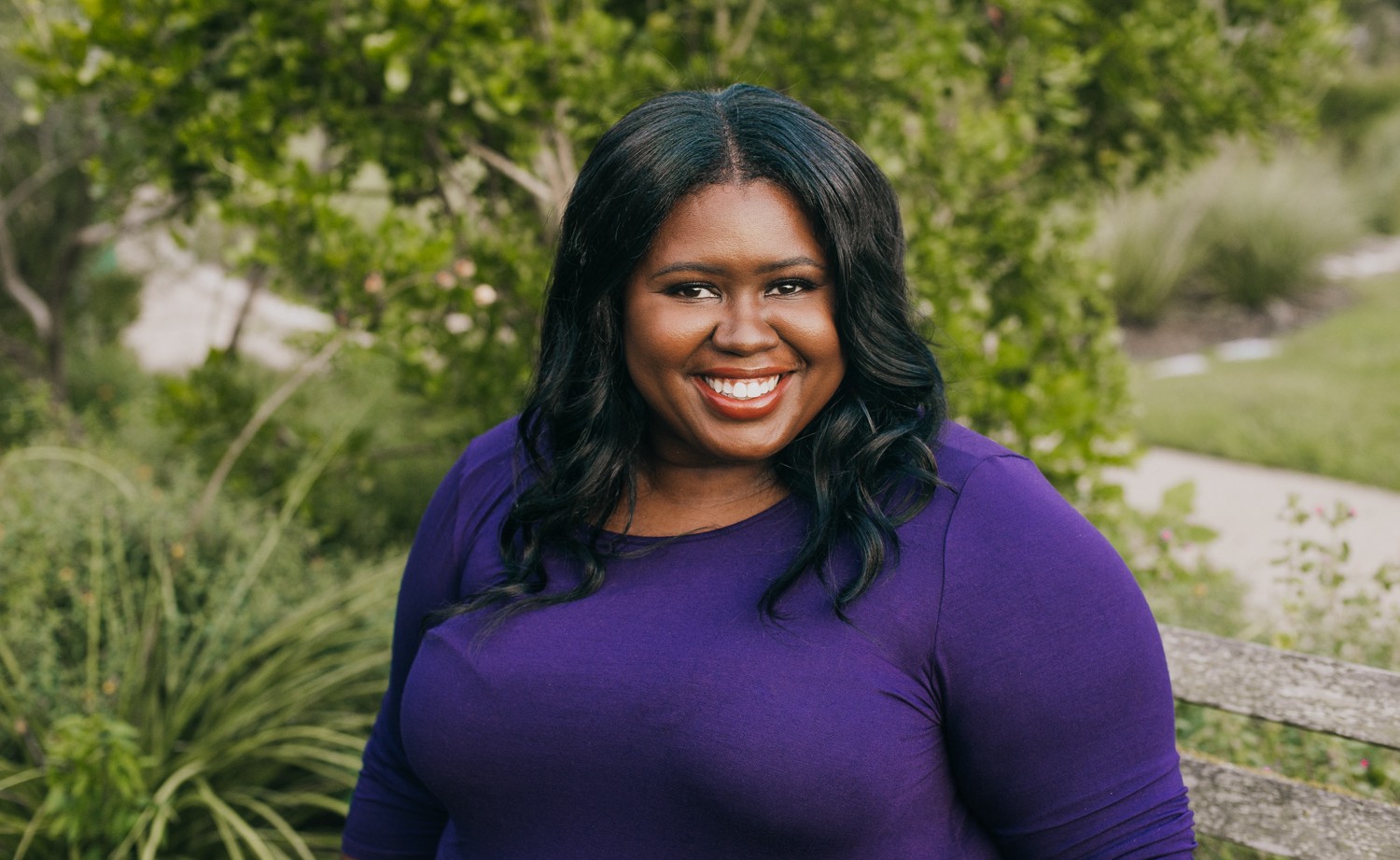Divinc, has announced the nominees for the third annual Champions of Change awards ceremony. Divinc is an organization whose goal is to conceptualize and provide inclusive spaces for entrepreneurs. Every year since 2018 they’ve recognized the true heroes of the Diversity, Equity and Inclusivity (DEI) space in Austin.
Here are a few of the nominees from the DEI Leader of the Year category.
Madison Butler
Vice President Of People and Culture, Sourced Craft Cocktails
Diversity, Equity and Inclusion Leader of the Year Nominee

Madison is VP of People and Culture at Sourced Craft Cocktails. She is a LinkedIn influencer with an incredible following speaking loudly and passionately about diversity in tech; championing and exposing the endless LinkedIn misogyny, racism and bigotry she herself receives on a regular basis and advocating for those who do see it. Her activism has resulted in death threats. But even in the face of danger she does not back down. She is a Partner at Cambio, a platform creating greater transparency in diverse hiring.
Nominee Q&A
What do you think were some of the most successful aspects of DEI for businesses in Austin in 2020? Were there any unexpected negative impacts using this business model?
Over the course of 2020, America was forced to hold a mirror to itself and look at our history. Our nation is built on a system that works but only for those who designed it. 2020 allowed us to have hard conversations around dismantling white supremacy and patriarchal standards.
I think there are still a lot of negatives around the DEI “business model.” Too many organizations focus on DEI as a business rather than a holistic intentional practice. When we frame DEI as a business rather than a core function of our business we center on optics over action.
DEI cannot be about optics, it has to be about intentional human-centric practices, policies and conversations.
Do you think the DEI model for businesses is something to continue in the future? Or should businesses consider a different model for ensuring true equity and inclusivity?
In order for DEI to truly progress we have to be willing to walk the walk. Not just talk the talk. Many organizations in Austin and nationwide are interested in talking about change. But they have yet to initiate the strategies to actually change. DEI is more than a business model. If you have to center your DEI efforts around ROI, you are not doing it for the right reasons.
Equity is a human right. It is not about ROI, it is about elevating and protecting humans because it is the right thing to do.
Metrics are great. But at the heart of DEI, the thing that matters most is our ability to protect and provide equity to marginalized groups and the people impacted by the errors of our country on a daily basis.
Who are/were some unsung womxn role models of DEI in Austin?
Marie Brown-Spence, Mindy Gulati, Angela Shaw, Candace Roane, Angie Cartwright
Christine McCarey
CEO & Founder, Impact DEI
Diversity, Equity and Inclusion Leader of the Year Nominee

Christine is a longtime D&I advocate here in Austin and in DC. She was instrumental in RetailMeNot’s DE&I Initiatives. For the past few years, she has been consulting and coaching other corporations on those learnings. She’s extremely knowledgeable about DEI issues and can quickly diagnose issues in any company.
Nominee Q&A
What do you think were some of the most successful aspects of DEI for businesses in Austin in 2020? Were there any unexpected negative impacts using this business model?
More people became aware of the harmful, sometimes deadly, impact of systemic inequities, particularly institutionalized anti-Black racism. On an individual level, awareness is the first step. We need to self-educate, actively listen, and intentionally act. On an organizational level, we need to create equitable systems, policies, and processes using an intersectional lens. Closing data, access, skills, leadership, and wage gaps ultimately will benefit everyone.
In corporate Austin, awareness raising has led to more DEI trainings and workshops, increased emphasis on “diverse” recruiting and additional DEI roles. Trainings may raise individual awareness, but do not address systemic inequities. Enhanced recruiting efforts will lead to attrition if organizations are not inclusive. These roles may help structure and propel the often unrecognized efforts of team members. But their impact will be modest if the positions are under-resourced middle managers.
Do you think the DEI model for businesses is something to continue in the future? Or should businesses consider a different model for ensuring true equity and inclusivity?
There is no one DEI model for businesses; however, DEI is a strategic growth initiative and moral imperative. I think in the next few years more Austin companies will make DEI a separate function (not in HR) with larger, resourced teams. HR, Operations and Marketing will be DEI’s strategic partners. And the DEI leader will be at the executive level and report to the CEO. Goals, metrics, and targets will remain important and become more specific, including at the team level. I have consulted for organizations and interviewed for executive roles outside of Austin where some version of this approach already occurs.
Our ultimate goal is to not need a DEI function. This goal requires moving DEI from compliance/programmatic/leader-led to full integration. Unfortunately, many Austin businesses are still in the early stages internally despite, in some cases, making generous public-facing statements and contributions to causes and community organizations.
Who are/were some unsung womxn role models of DEI in Austin?
Christina Bryant, Valerie Starling
Farah Muscadin
Director of Office of Police Oversight
Diversity, Equity and Inclusion Leader of the Year Nominee

Farah Muscadin is the director of the Office of Police Oversight, a newly established entity in the City of Austin. Previously, she served as the police monitor in the Office of the Police Monitor for the City of Austin. Prior to joining CSU, Farah worked as the associate director of Legislative and Government Affairs for the City Colleges of Chicago. She worked as the director of Legislative Affairs for the Department of Financial and Professional Regulation. She was also assistant to Richard M. Daley, former Mayor of the City of Chicago. Farah was also an assistant public defender for the Cook County Public Defender’s Office and a guardian ad litem for the Cook County Public Guardian’s Office.
Nominee Q&A
What do you think were some of the most successful aspects of DEI for businesses in Austin in 2020? Were there any unexpected negative impacts using this business model?
One of the most successful aspects of DEI for businesses is recognizing that it is an integral part of a business’ values and culture. The commitment necessary to achieve real equity. DEI is an area that can not be about talk. It must be about action. I am happy to see so many businesses investing and working towards clear DEI goals and initiatives.
Do you think the DEI model for businesses is something to continue in the future? Or should businesses consider a different model for ensuring true equity and inclusivity?
Yes, the DEI model is absolutely something that businesses should continue and expand in the future. We have a moral obligation as human beings to ensure both personally and professionally that there is true equity and inclusion for all.
Who are/were some unsung womxn role models of DEI in Austin?
There are so many unsung womxn role models of DEI. To name a few, I would like to recognize Jane Hervey, Kellee Coleman, Carmen Llanes Pullido, Sylnovia Holt Rabb and Nakia Winfield for their tireless DEI work.
Stay tuned for more Champions of Change nominees.

